In recent years, carbonated beverages have gradually become popular among young people. The summer weather is hot, and a glass of ice-cold carbonated drink is very comfortable. Carbonated beverages such as iced cola and Sprite can be described as “tools” for enjoying life.
However, there are many “accidents” caused by carbonated beverages in real life. It’s hard to imagine why carbonated drinks are harmful to human health, and many people associate carbonated drinks with bone health. So what exactly does carbonated beverages have to do with bone health?
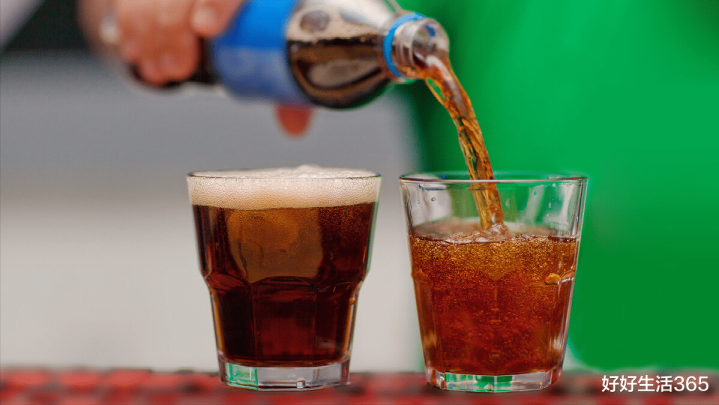
Carbonated drinks can affect bone health, is it true or false?
With the popularity of carbonated drinks, more and more people use carbonated drinks to replace their daily milk, yogurt and other nutritional drinks. Furthermore, more and more health problems have appeared in the public’s field of vision, including the impact of carbonated beverages on bones has gradually attracted public attention.
What factors influence bone growth and development?
Bone development, including biochemistry and growth, begins when the human body is embryonic.
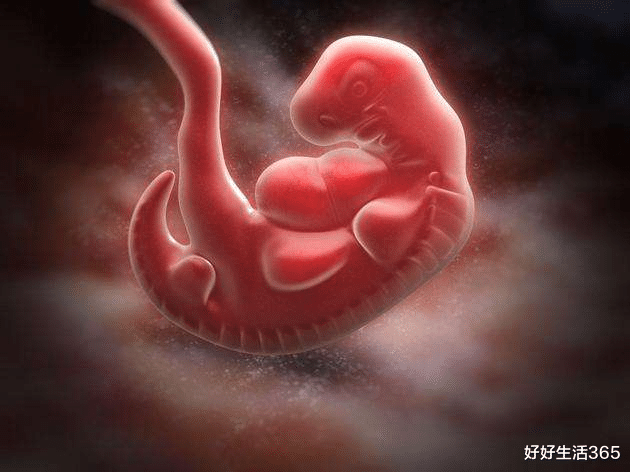
Factors affecting bone growth and development are diverse, genetic factors, hormones, cytokines And so on can affect the growth and development of human bones. Not only that, external factors such as physiological conditions and nutritional status will also have a certain impact on bone health.
Hormones such as thyroxine have a direct effect on bone, promoting bone resorption and enhancing bone formation. Bone growth and development of the human body also depends on a variety of nutrients, such as vitamins, calcium and so on. To have healthy bones, you need to rely on many factors.
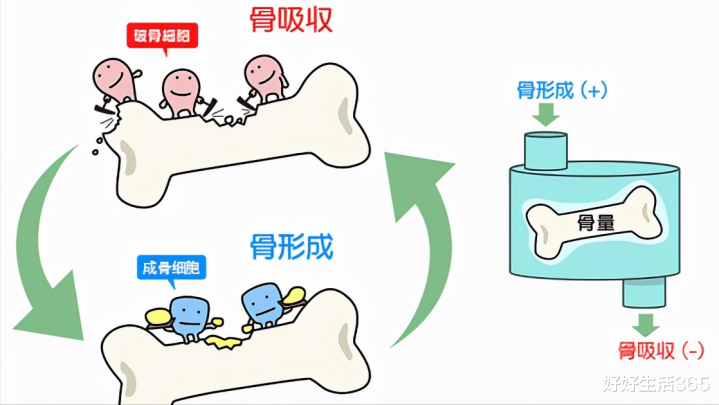
How do carbonated beverages relate to bone health?
Bone growth and development depend on calcium, and long-term calcium deficiency in the human body threatens bone health.
Most calcium is stored in the bones, but most carbonated drinks contain phosphoric acid. Excessive intake will break the phosphorus calcium balance in the human body. This will affect the body’s absorption of calcium. As a result, carbonated beverages can affect bone mass and bone density. Therefore, it is not recommended to drink more carbonated beverages in daily life.
Although long-term consumption of carbonated beverages can affect the body’s absorption of calcium, the cause of unhealthy bones cannot be solely attributed to carbonated beverages. The main ingredients of carbonated beverages include carbonic acid, carbonated water and other acidic substances, as well as artificial colors, flavors and other ingredients.

Phosphoric acid does have a partial effect on calcium absorption, but carbonated beverages contain a very small amount of phosphoric acid, almost It will not affect human health unless long-term heavy drinking of carbonated beverages.
The reason why drinking carbonated beverages affects bone health may not lie in the carbonated beverages themselves, but other factors. First, unhealthy eating habits will have an impact on them, especially the majority of young people who are keen on carbonated beverages ignoring the intake of nutritious beverages such as milk. This in turn results in a lack of nutrients such as calcium.
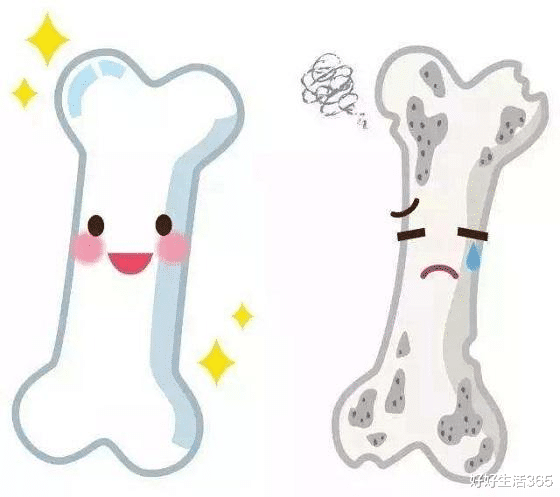
Carbonated beverages, on the other hand, can produce significant satiety in the body. When carbonated drinks enter the stomach and intestines, carbon dioxide gas will be produced under the action of stomach acid, resulting in a feeling of flatulence in the human stomach. In this way, the hunger level will gradually decrease, and the intake of nutrients such as calcium and vitamins will be reduced, resulting in the lack of a series of substances that contribute to bone development in the human body. This is also an important factor in carbonated beverages affecting calcium absorption and causing bone health problems.
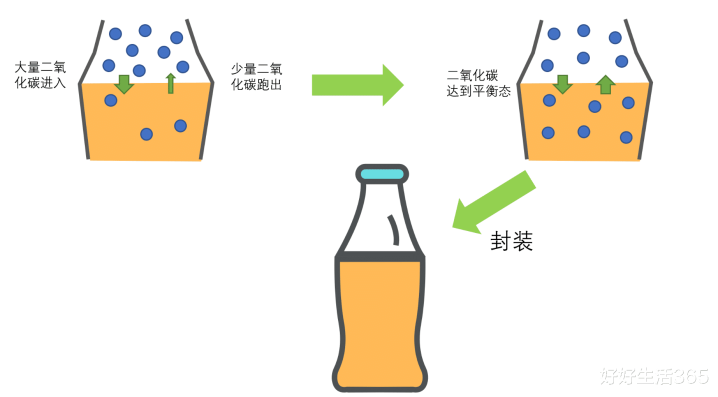
It can be seen that carbonated drinks will not directly cause bone problems unless you drink a lot of carbonated drinks for a long time. In daily life, the intake of carbonated beverages should be restrained as much as possible to reduce hidden dangers to health. After all, carbonated drinks, unlike water, are not a necessity of life.
Water can be drunk often, but why can’t carbonated drinks?
When it comes to carbonated beverages, many people’s eyes light up. Carbonated beverages are indeed a “tool” for enhancing dietary well-being, but other than the sugar in them, carbonated beverages have little to no health benefits.
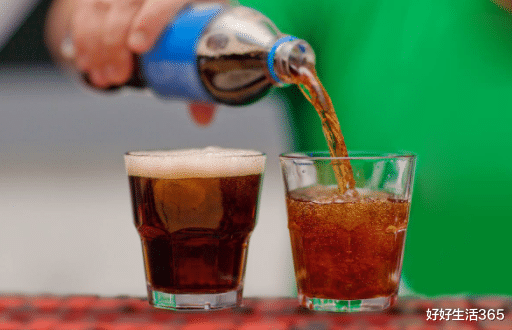
Carbonated beverages< strong>Gaining needless to say, it is common sense that many people know. Carbonated beverages contain refined sugar, and the intake of sugar can lead to obesity. Not only that, long-term intake of carbonated beverages will affect the intake of other nutritious foods, which may lead to malnutrition in the human body.
Moreover, carbonated beverages have almost no nutritional value and should be consumed as little as possible in daily life. You can use other nutrient-rich beverages instead, such as milk, fruit juice, etc.
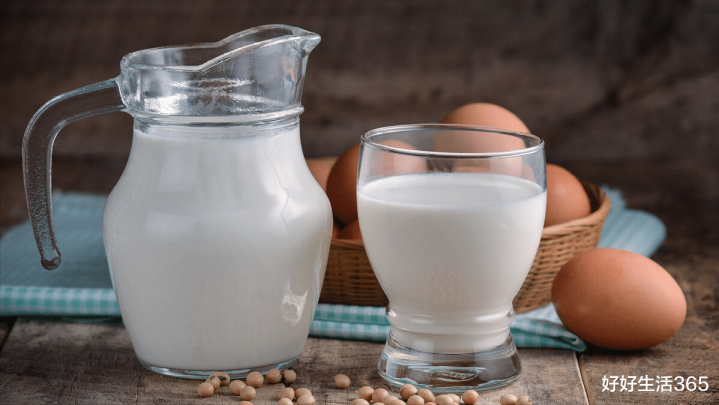
Not only that, but carbonated beverages threaten the health of teeth. Many children have tooth decay because they often drink carbonated beverages, such as cola. The phosphoric acid in carbonated beverages also causes decalcification of the tooth enamel on the surface of the teeth, which in turn dissolves the teeth’ minerals. In this way, the human teeth will become more loose and fragile.
Therefore, the intake of carbonated beverages should be controlled, especially adolescent children are more prone to dental health problems such as tooth decay and toothache.
In addition to the above, not good for human digestion is also one of the many hazards of carbonated beverages. Carbonated drinks produce a lot of carbon dioxide gas, which has a bacteriostatic effect. It can not only inhibit bacteria in beverages, but also affect the absorption of probiotics in the human stomach. As a result, a reduction in probiotics can affect the proper functioning of the digestive system.
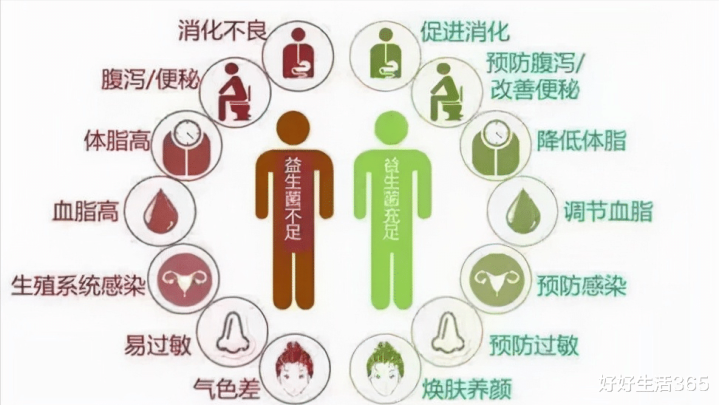
It can be seen from this that carbonated beverages are still very harmful to the human body. However, there are many beverages in life that are easily confused with carbonated beverages, such as sparkling water, so pay attention to the distinction.
Soda or sparkling water, which is healthier?
In reality, many people don’t know the difference between carbonated drinks and sparkling water. Most people think that there is no difference between the two drinks, in fact, the difference between the two drinks is very big. Moreover, carbonated beverages and sparkling water have different effects on the human body.
People often drink carbonated drinks and sparkling water without understanding their processes.

Carbonated drink is a sparkling drink formed by adding sodium bicarbonate and water to react; and sparkling water is It is a sparkling drink formed by injecting food-grade carbon dioxide into the water through a high-pressure machine. Just looking at the production process of the two, sparkling water is healthier than carbonated drinks.
In addition, there are various types of sparkling water on the market, especially the label of “0 sugar and 0 fat” attracts the attention of the public. The presence of this label proves that many sparkling waters are without excess sugar and are healthier than most carbonated beverages on the market.
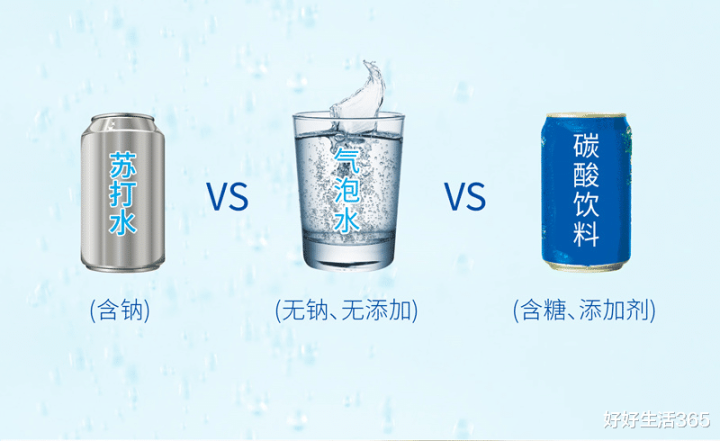
The taste of carbonated beverages produces an inexplicable stimulation, while sparkling water emits more > Fruity taste. So, if you drink the same amount of carbonated drinks and sparkling water at the same time, sparkling water will be healthier.
Not only that, but fruit or jam added to sparkling water can provide the body with a certain amount of vitamins. Carbonated beverages, on the other hand, contain only a small amount of refined sugar and citric acid to increase the body’s energy, with little or no nutritional value.
It can be seen that sparkling water is healthier than carbonated drinks. However, in daily life, you should pay attention to the intake of nutritious beverages, and try to avoid the drinking of these beverages to avoid unnecessary harm to bone health.

In addition, to protect bone health, there are many things that need to be done, not just relying on one aspect.
Keep your bones healthy by doing these things
As you age, your bones get older. Therefore, maintaining bone health needs to start from many aspects to prevent the occurrence of bone diseases.
Eat foods rich in calcium for healthy bone development. Insufficient calcium intake can lead to weak bones, which can increase the risk of bone disease or fractures. There are many foods rich in calcium in daily life, which can be eaten regularly, such as eggs, milk, broccoli and so on.

Appropriate amount of movement for bonesHealthy development is also an indispensable factor. Appropriate amount of exercise can increase the stress on the bones and promote the regeneration of bone cells, which in turn helps strengthen bones. In daily life, you can do some weight training appropriately, such as skipping rope, plank and other sports.
It should be noted that different sports have different effects on bone health, and the amount of exercise should be determined according to your own specific situation. Do not exercise blindly, so as not to increase your own pressure.
The most important point is to reduce the intake of carbonated beverages, carbonated beverages can indirectly affect bone growth and development and inhibit the body’s calcium intake. absorb. Therefore, if you want to maintain bone health, you need to start with your daily eating habits and avoid bad eating styles.
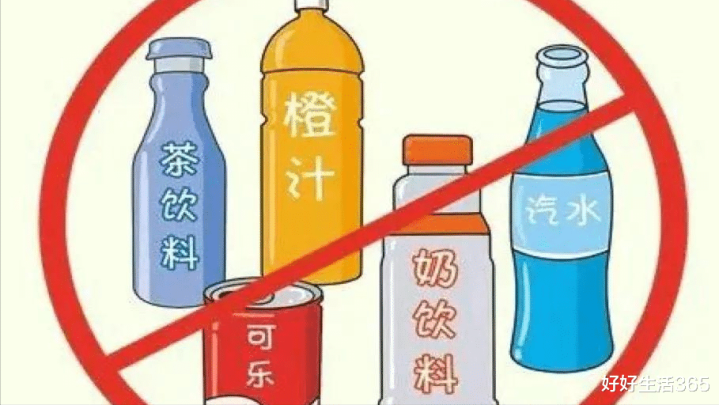
Doctor’s message:
In fact, beverages that affect human health are not just carbonated beverages. Long-term heavy drinking can also affect human health. Therefore, the intake of such beverages should be avoided as much as possible in daily life, and beverages rich in nutrients can be used instead.
The phosphoric acid in carbonated beverages will affect the body’s absorption of calcium and pose a certain threat to bone health. Therefore, carbonated drinks can be regarded as “useless” drinks and should be eaten with caution. Usually, you should adhere to the principle of moderation, drink moderate amounts of beverages, and consider your own health.